Best PU College for EBAS in Bangalore




Semester I
View DetailsSemester II
View DetailsSemester III
View DetailsSemester IV
View DetailsWe are the best Pre University college in Bangalore(PUE). The college, which is ranked among the Best Pre University college in Bangalore, believes in laying a solid foundation in numerous domains of the field so that students can be properly developed in all of the subject's diverse disciplines. The EBAS course is a comprehensive program designed to provide students with a well-rounded understanding of key disciplines essential for success in commerce, finance, and business management. This interdisciplinary approach integrates four core subjects: Economics, Business Studies, Accountancy, and Statistics. Through a blend of theoretical foundations, practical applications, and analytical skills development, the EBAS curriculum equips students with the knowledge and competencies necessary to navigate complex economic environments, make informed business decisions, and analyze financial data effectively.
Economics is a social science that focuses on the production, distribution, and consumption of goods and services, and analyzes the choices that individuals, businesses, governments, and nations make to allocate resources.Economists analyze economic indicators, such as gross domestic product and the consumer price index to identify potential trends or make economic forecasts.
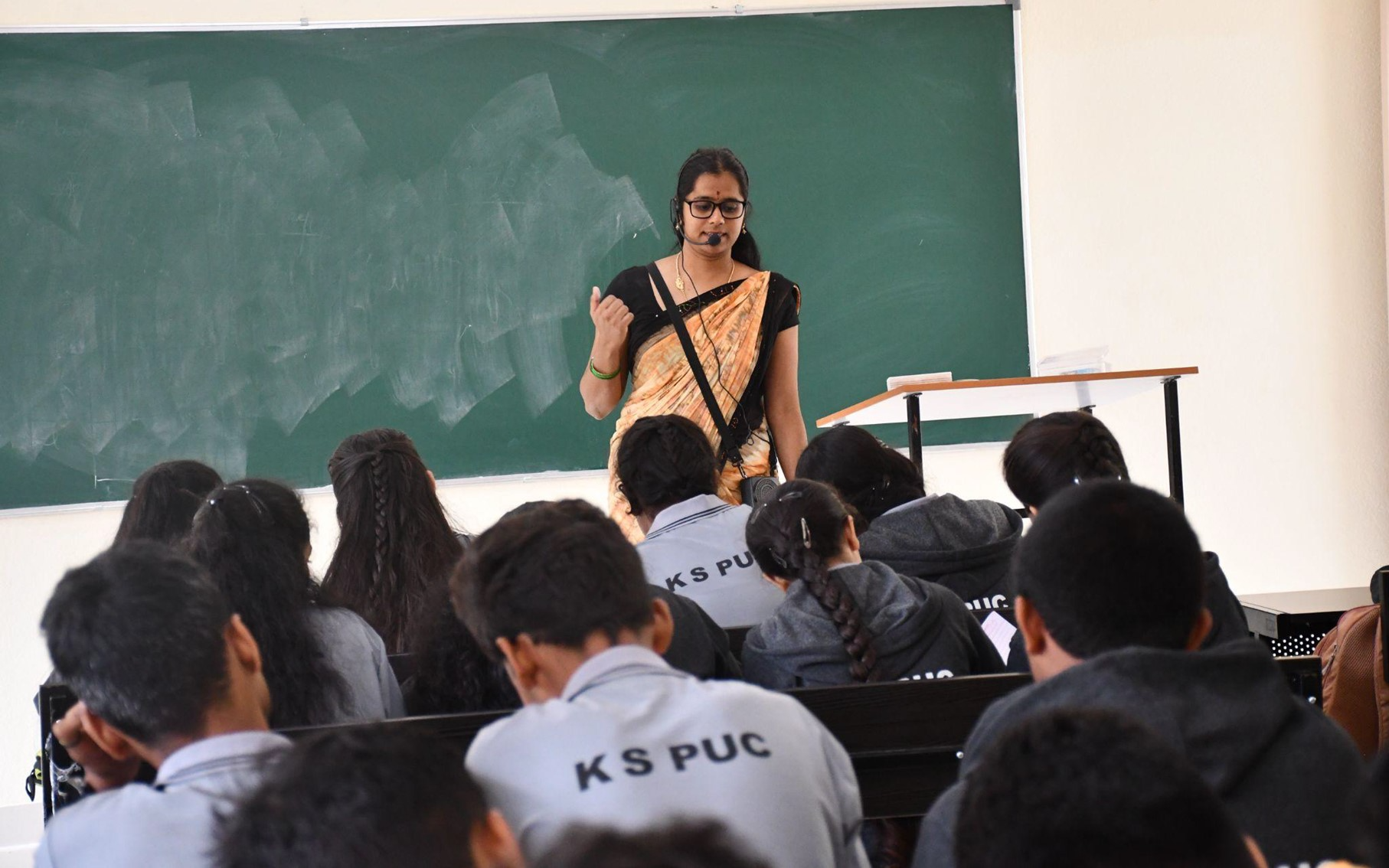
Assuming humans have unlimited wants within a world of limited means, economists analyze how resources are allocated for production, distribution, and consumption.
An economist studies the relationship between a society's resources and its production or output, and their opinions help shape economic policies related to interest rates, tax laws, employment programs, international trade agreements, and corporate strategies.
Economics, as a discipline within commerce, is the study of how societies allocate scarce resources to fulfill unlimited wants and needs. It explores the production, distribution, and consumption of goods and services, as well as the factors that influence economic behavior and decision-making at the individual, firm, and societal levels.
Economics also examines the role of incentives in shaping economic behavior. Individuals, firms, and governments respond to incentives to maximize their own welfare or achieve specific goals. For example, firms may increase production in response to higher prices, while consumers may purchase more of a good when its price decreases.Another important concept in economics is opportunity cost, which refers to the value of the next best alternative that is foregone when a decision is made. Understanding opportunity cost helps individuals and firms make rational choices about how to allocate their resources effectively.
Business studies, is a field of study that deals with the principles of business, management, and economics. It combines elements of accountancy, finance, marketing, organizational studies, human resource management, and operations. Business studies is a broad subject, where the range of topics is designed to give the student a general overview of the various elements of running a business.
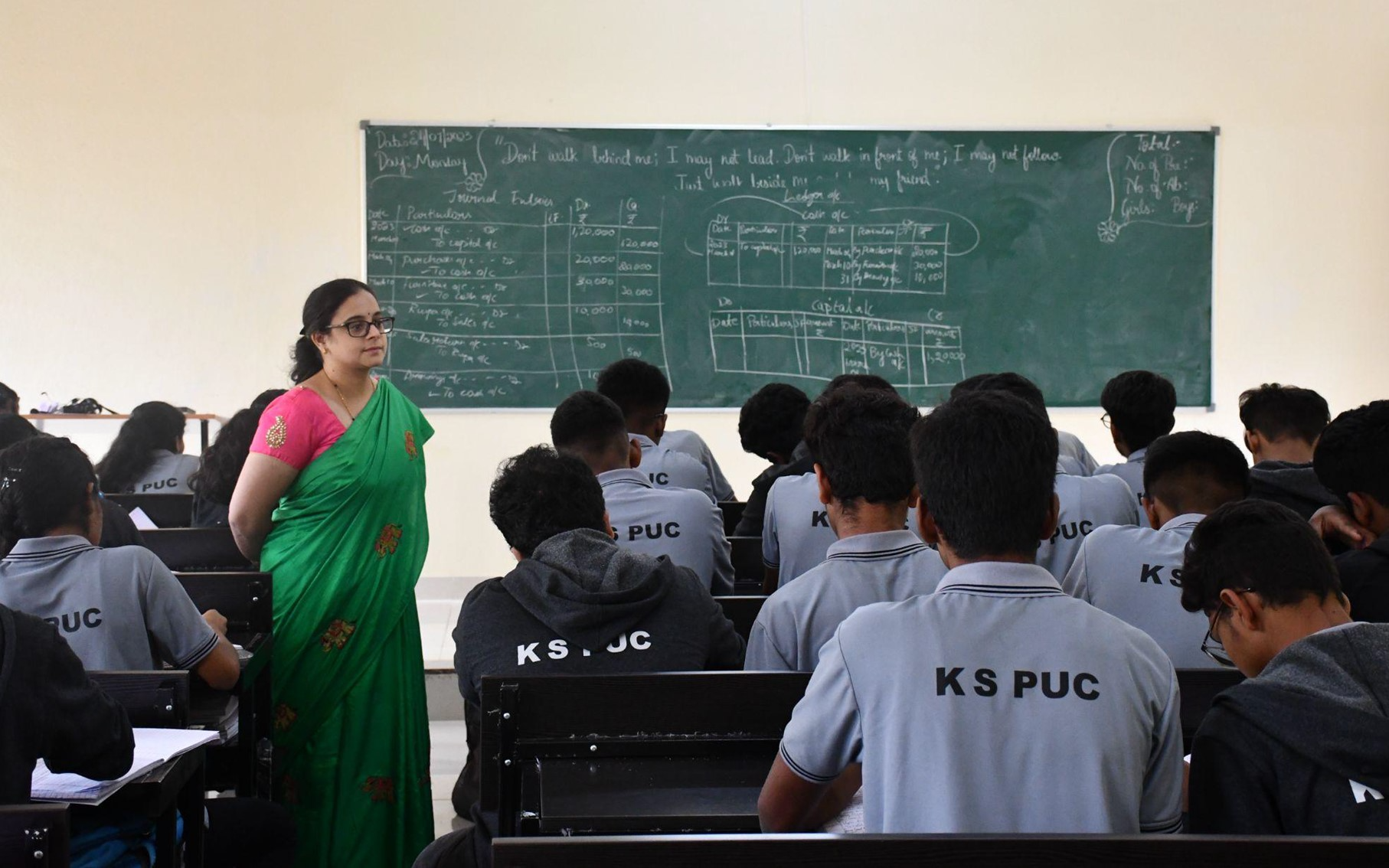
Business Studies is a comprehensive subject in Social Science, allowing the meticulous study of a span of skills, such as finance, organisation, accountancy, marketing and human resources management.
A study of business is an expanse of focus within an academic agenda taught at an academic establishment, which occurs mainly around some characteristics of the conduct of business at the community level, national or universal marketplace.
Business studies is a multidisciplinary field within commerce that encompasses a wide range of subjects related to business management, operations, strategy, finance, marketing, human resources, and entrepreneurship.
A study of business is an expanse of focus within an academic agenda taught at an academic establishment, which occurs mainly around some characteristics of the conduct of business at the community level, national or universal marketplace.Business management forms a central component of business studies, focusing on effective organizational leadership, strategic planning, and operational efficiency. Students explore topics such as organizational behavior, leadership styles, and change management to understand how businesses can achieve their goals and adapt to evolving market conditions
Accounting can be defined as a process of reporting, recording, interpreting and summarising economic data. The introduction of accounting helps the decision-makers of a company to make effective choices, by providing information on the financial status of the business.The American Institute of Certified Public Accountants (AICPA) had defined accounting as the "art of recording, classifying, and summarising in a significant manner and in terms of money, transactions and events
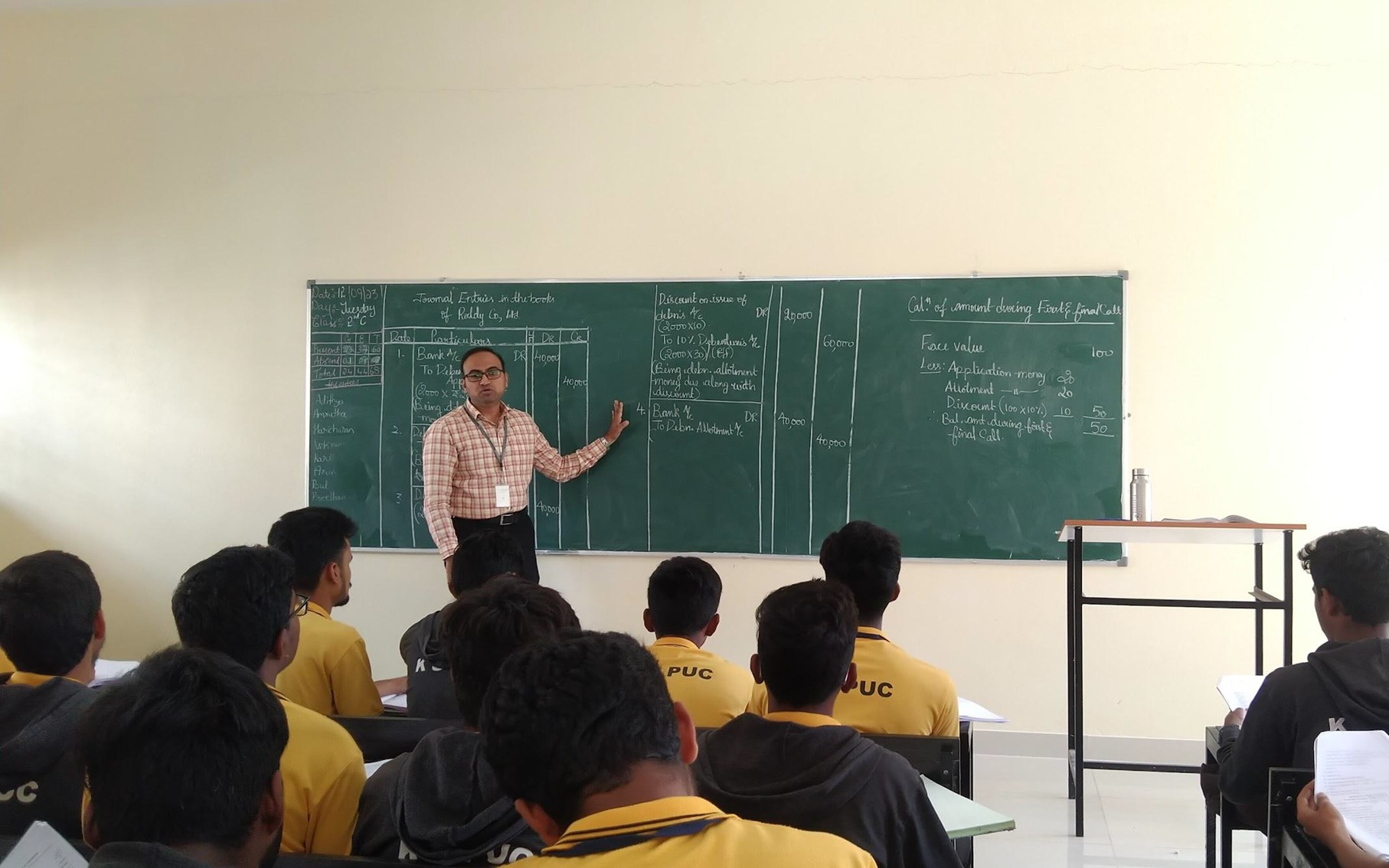
Economic Events:
It is a consequence of a company has to undergo when the number of monetary transactions is involved. Such as purchasing new machinery, transportation, machine installation on-site, etc.
Identification, Measurement, Recording, and Communication:
The accounting system should be outlined in such a way that the right data is identified, measured, recorded and communicated to the right individual and at the right time.
Interested Users of Information:
It is about communicating important financial information to the customers, according to which they will make the correct decision.
Accountancy, a cornerstone of commerce education, is the discipline that involves the recording, analysis, interpretation, and communication of financial information about economic entities. It plays a vital role in ensuring the transparency, accountability, and integrity of business transactions, as well as providing essential information for decision-making by stakeholders.
The course begins with an introduction to the field of computer science, covering its history, evolution, and basic terminology. Students learn about the role of computers in modern society and various career paths within the field. We can use computers to assist with issue solving. However, in order to address a problem, it must first be comprehended, along with potential solutions. This is possible thanks to computational thinking.
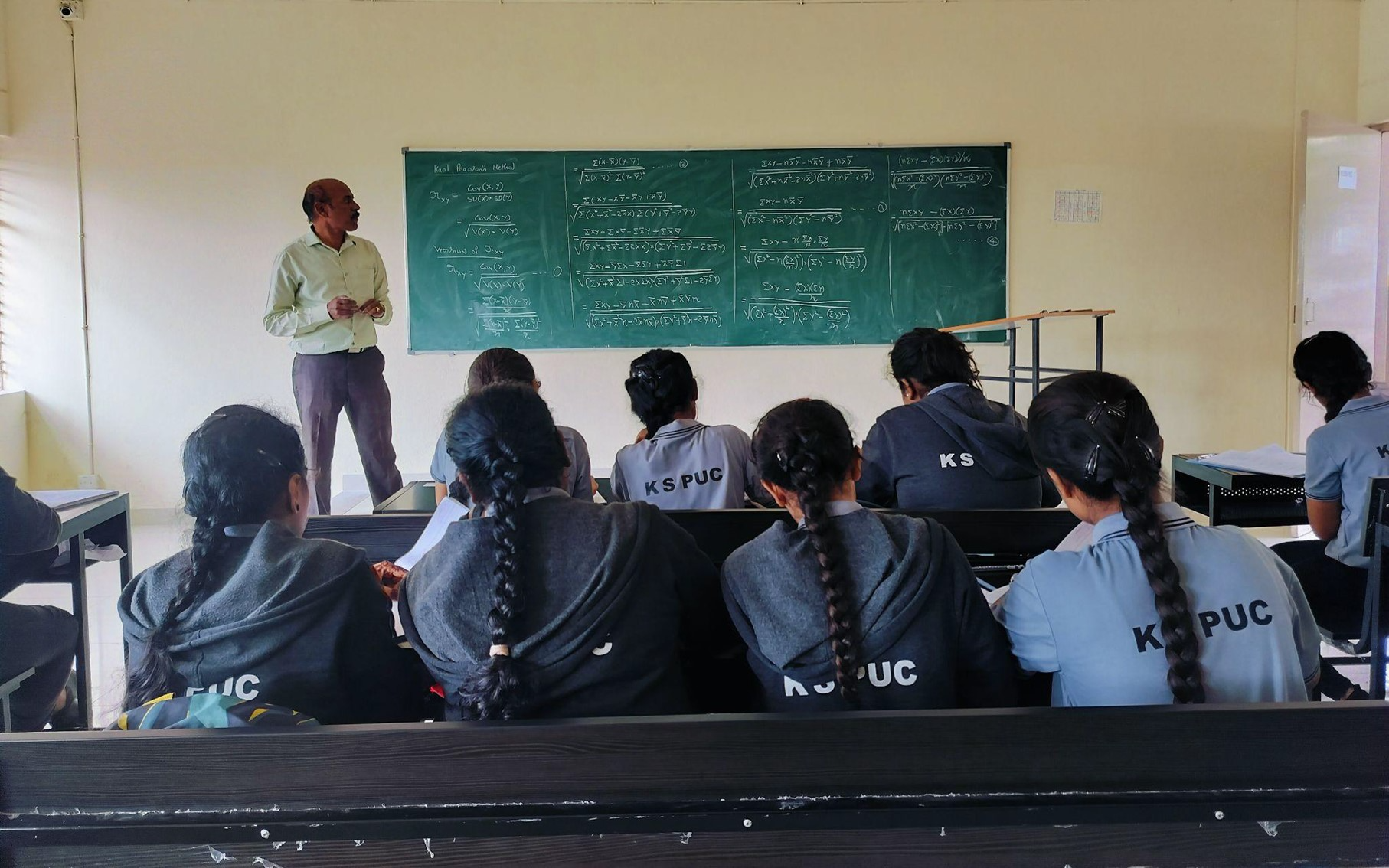
Statistics is a branch of mathematics that deals with the collection, review, and analysis of data. It is known for drawing the conclusions of data with the use of quantified models. Statistical analysis is a process of collecting and evaluating data and summarizing it into mathematical form. Statistics can be defined as the study of the collection, analysis, interpretation, presentation, and organization of data. In simple words, it is a mathematical tool that is used to collect and summarize data. In simple words statistics is the study and manipulation of given data. It deals with the analysis and computation of given numerical data.
Statistics consist of the measure of central tendency and the measure of dispersion. These central tendencies are actually the mean, median, and mode and dispersions comprise variance and standard deviation.Mean is defined as the average of all the given data. Median is the central value when the given data is arranged in order. The mode determines the most frequent observations in the given data.Variation can be defined as the measure of spread out of the collection of data. Standard deviation is defined as the measure of the dispersion of data from the mean and the square of the standard deviation is also equal to the variance.

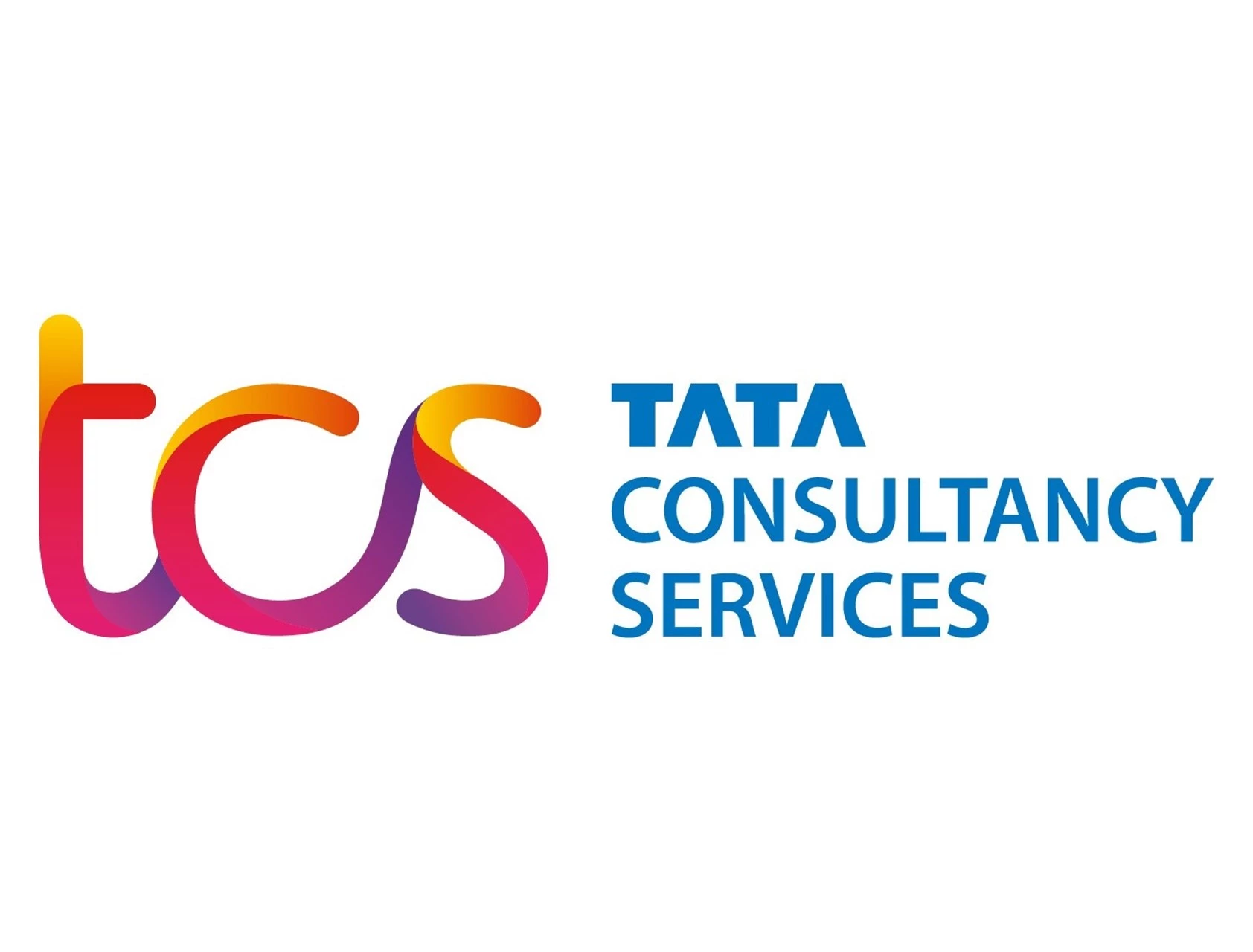
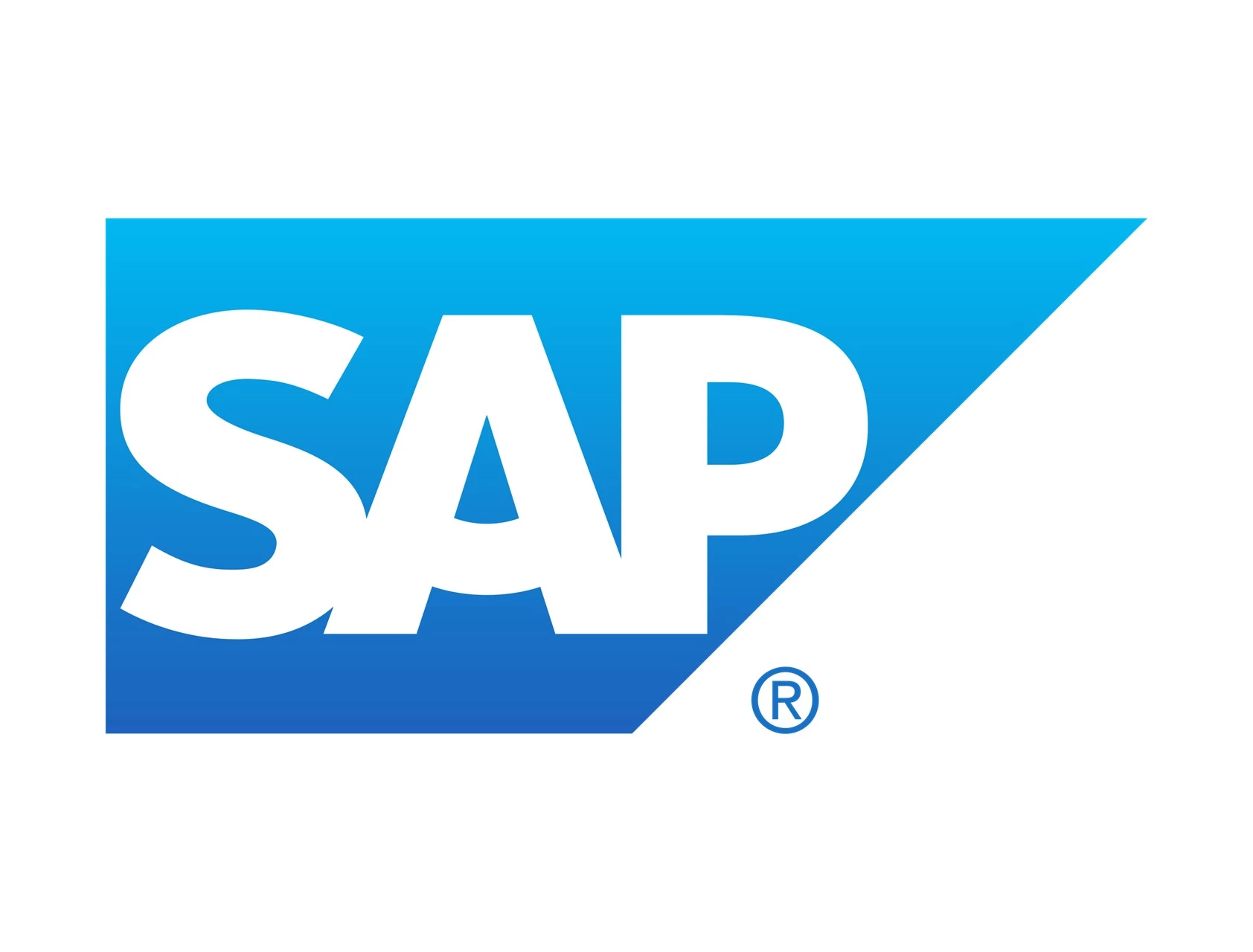

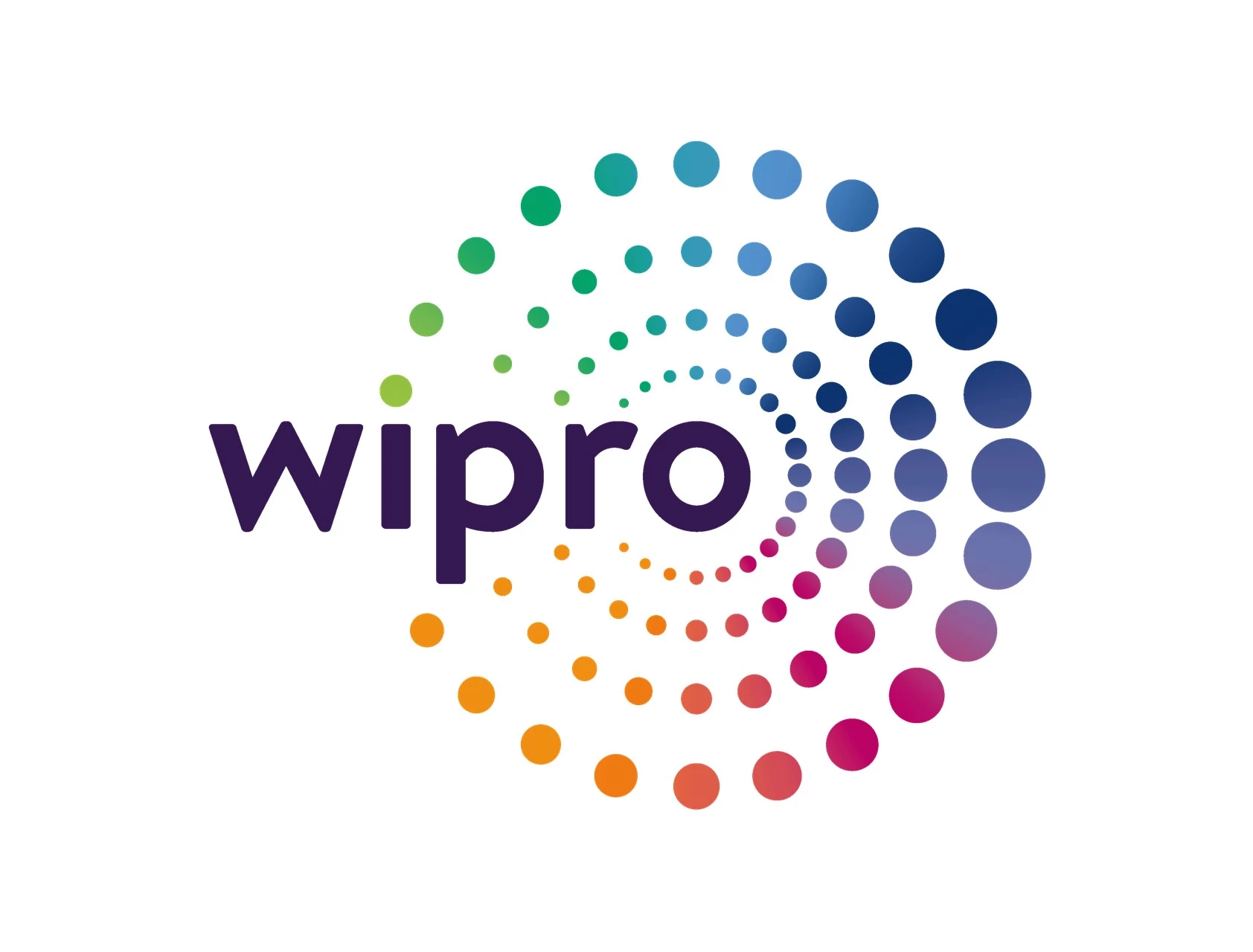

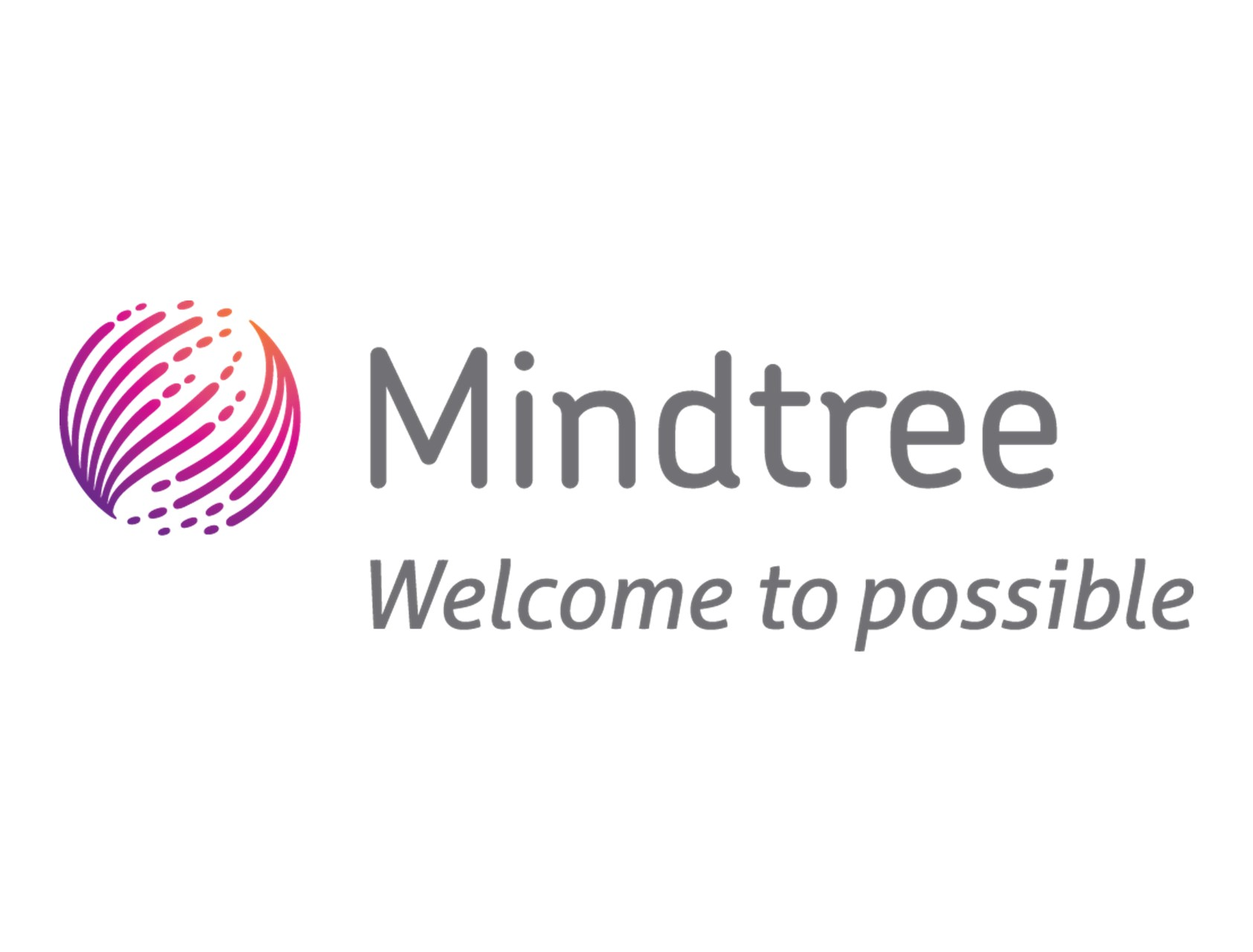
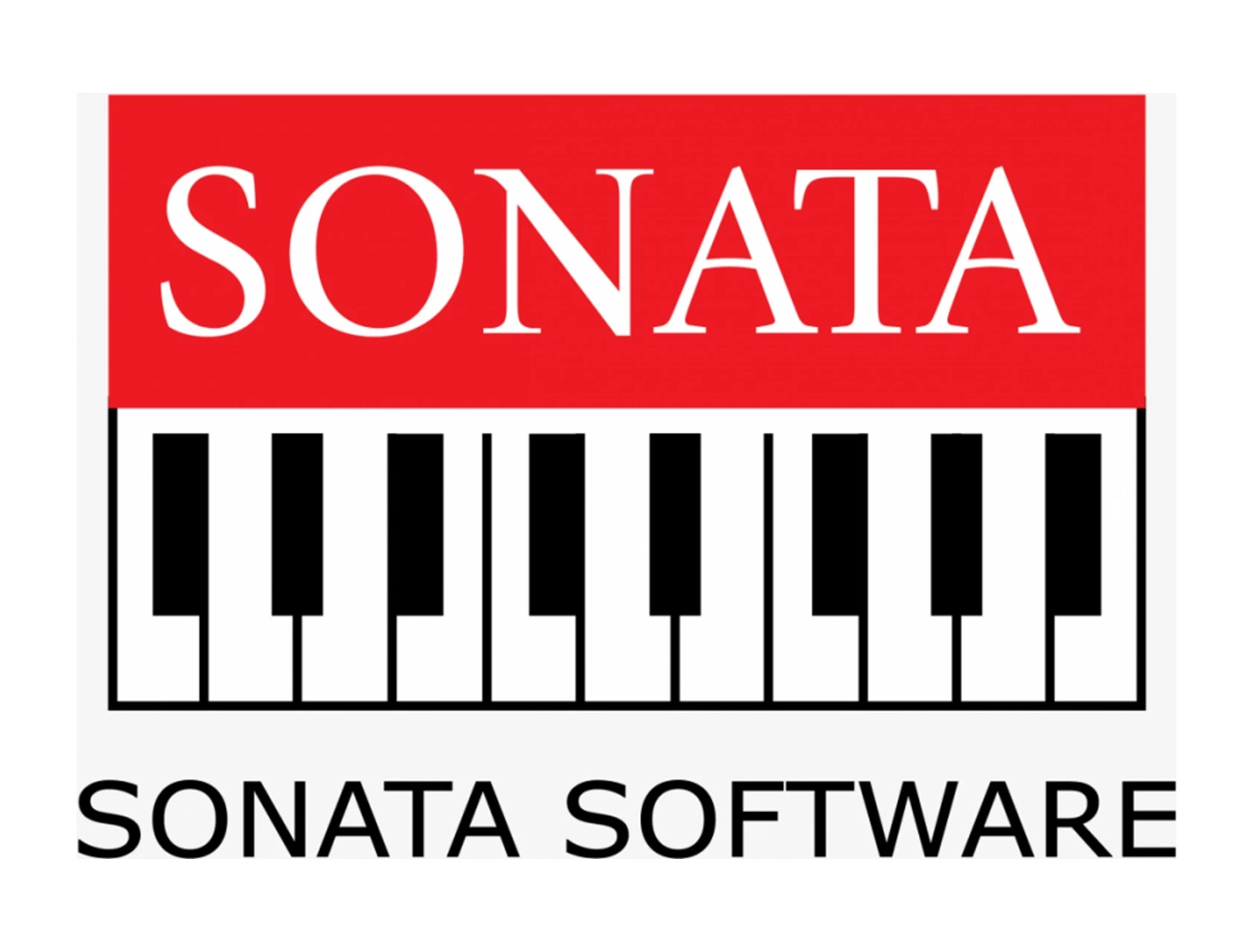
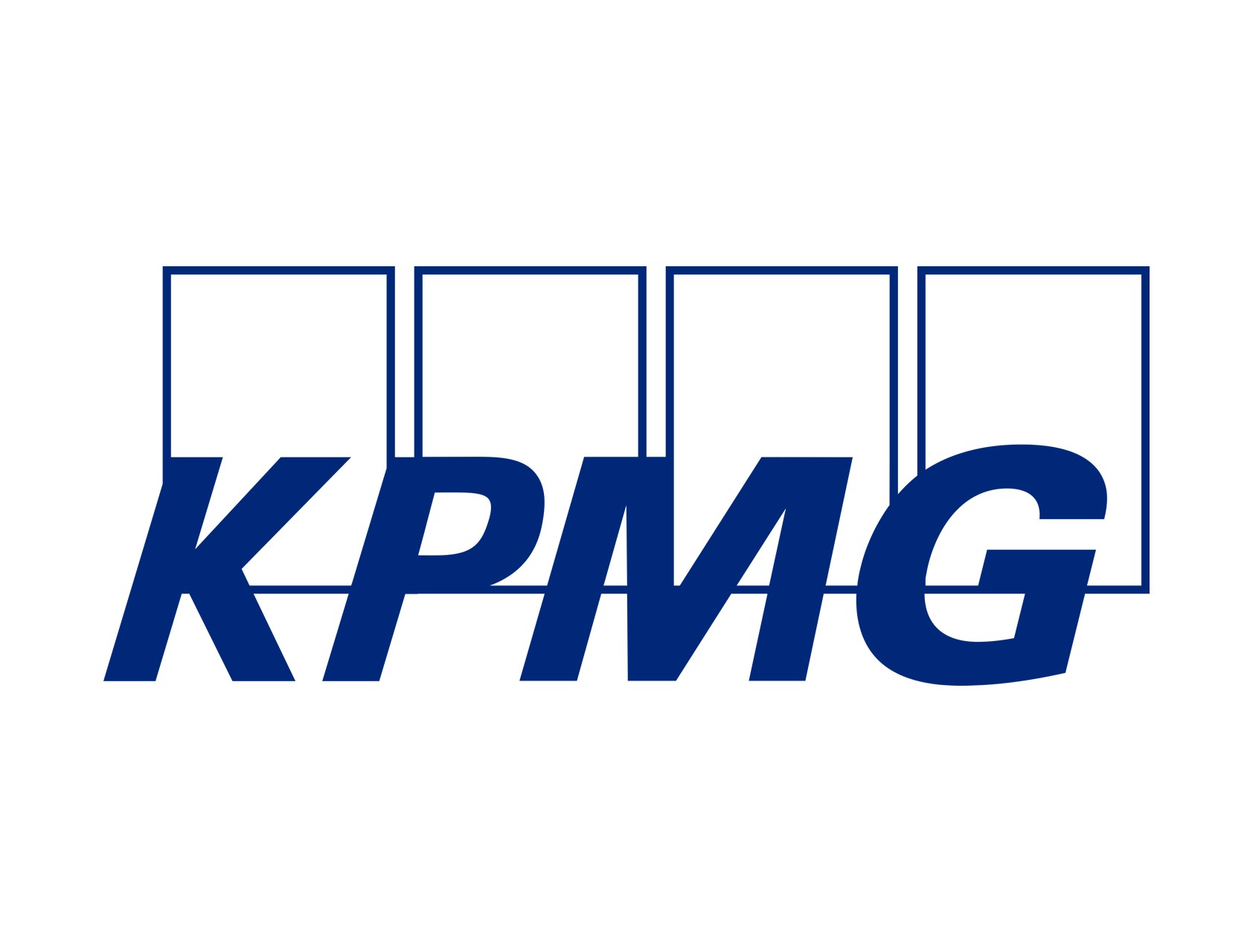

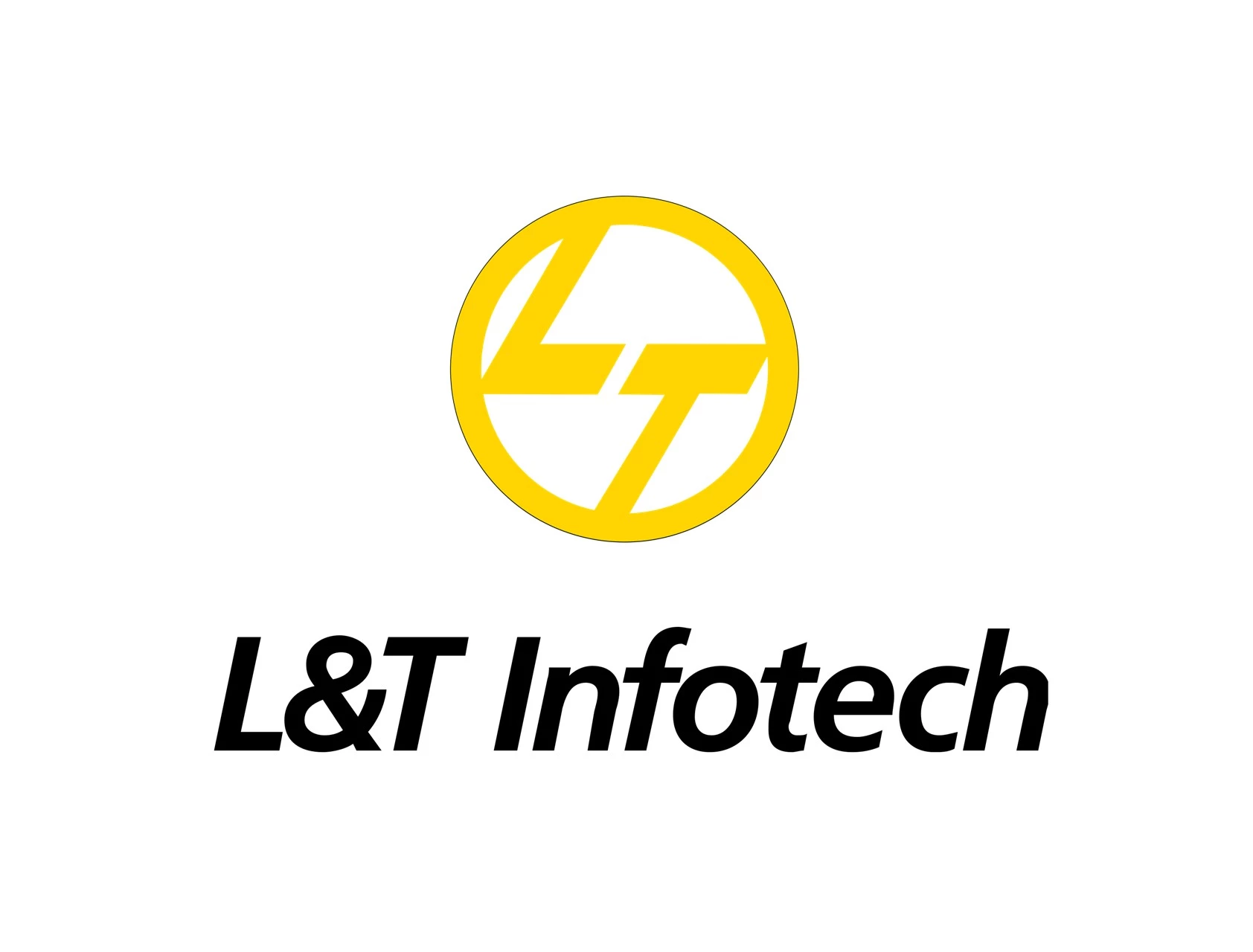
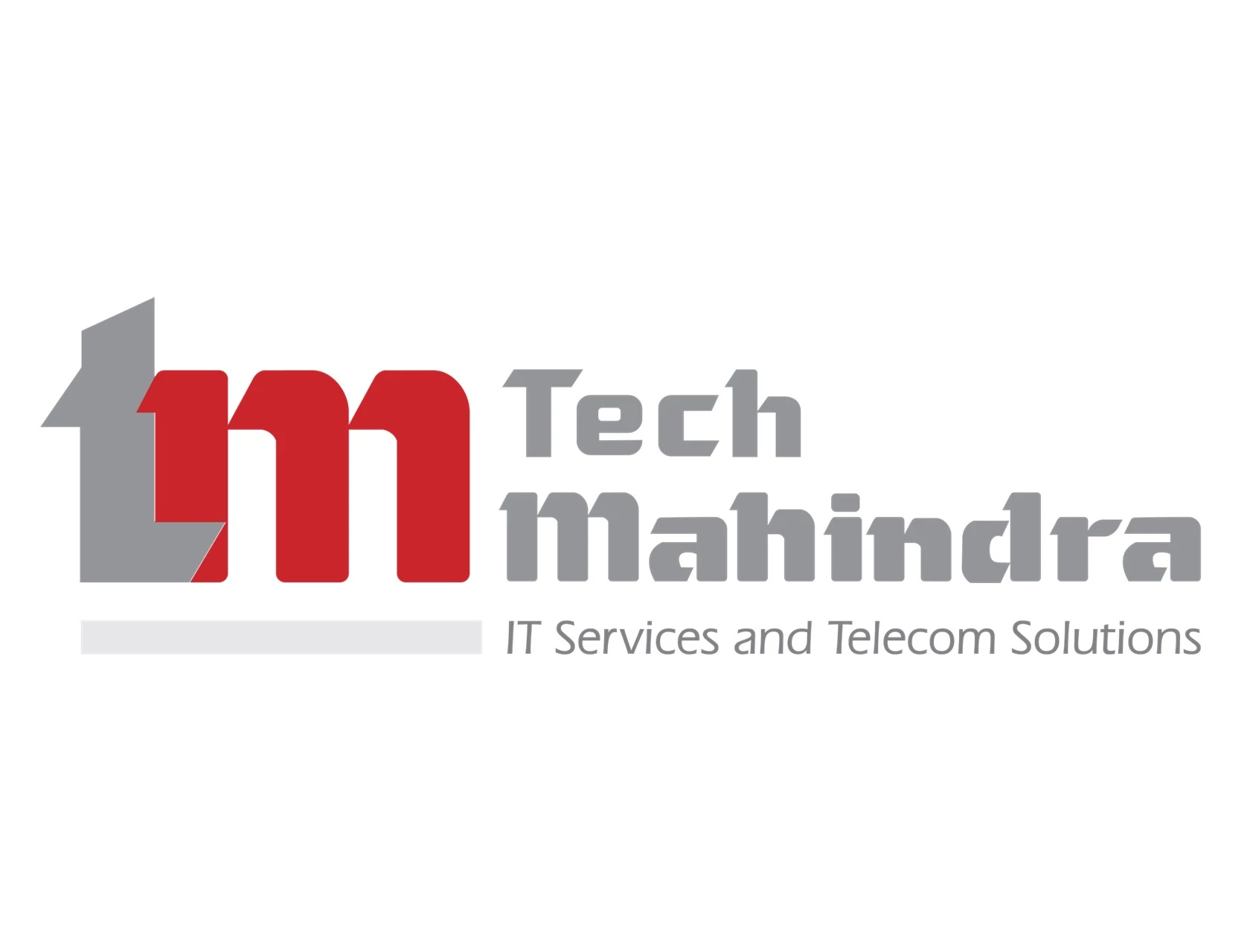
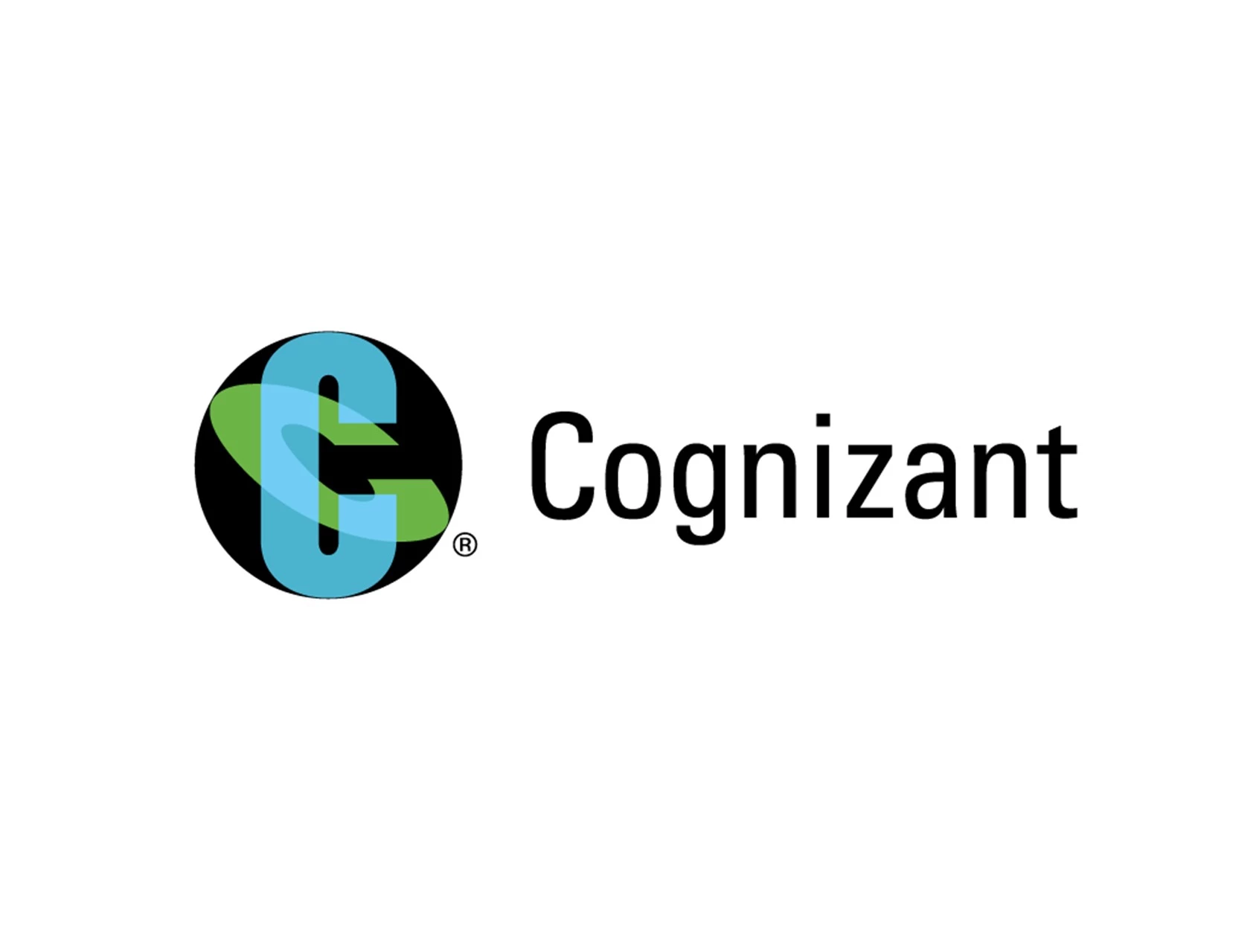


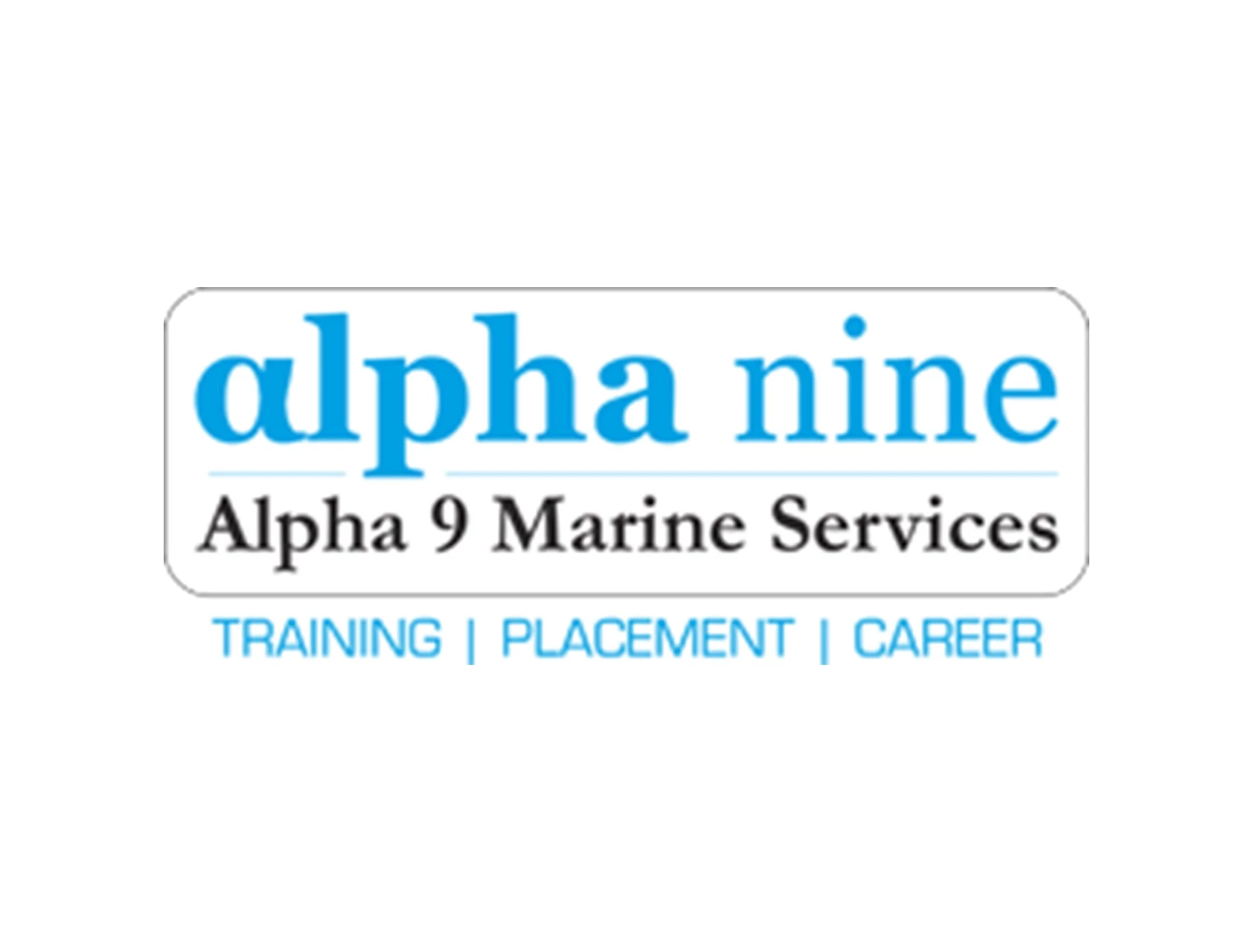



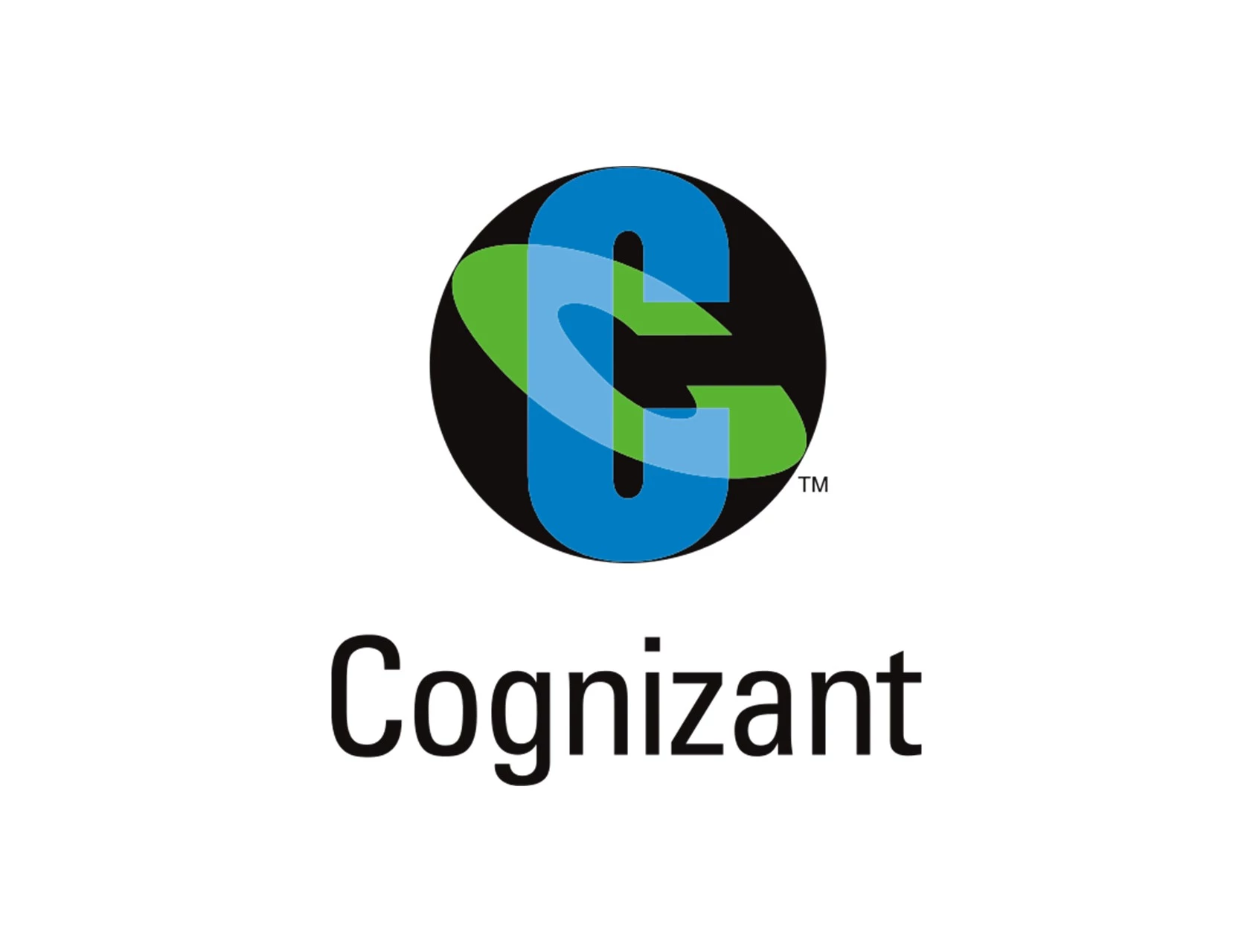



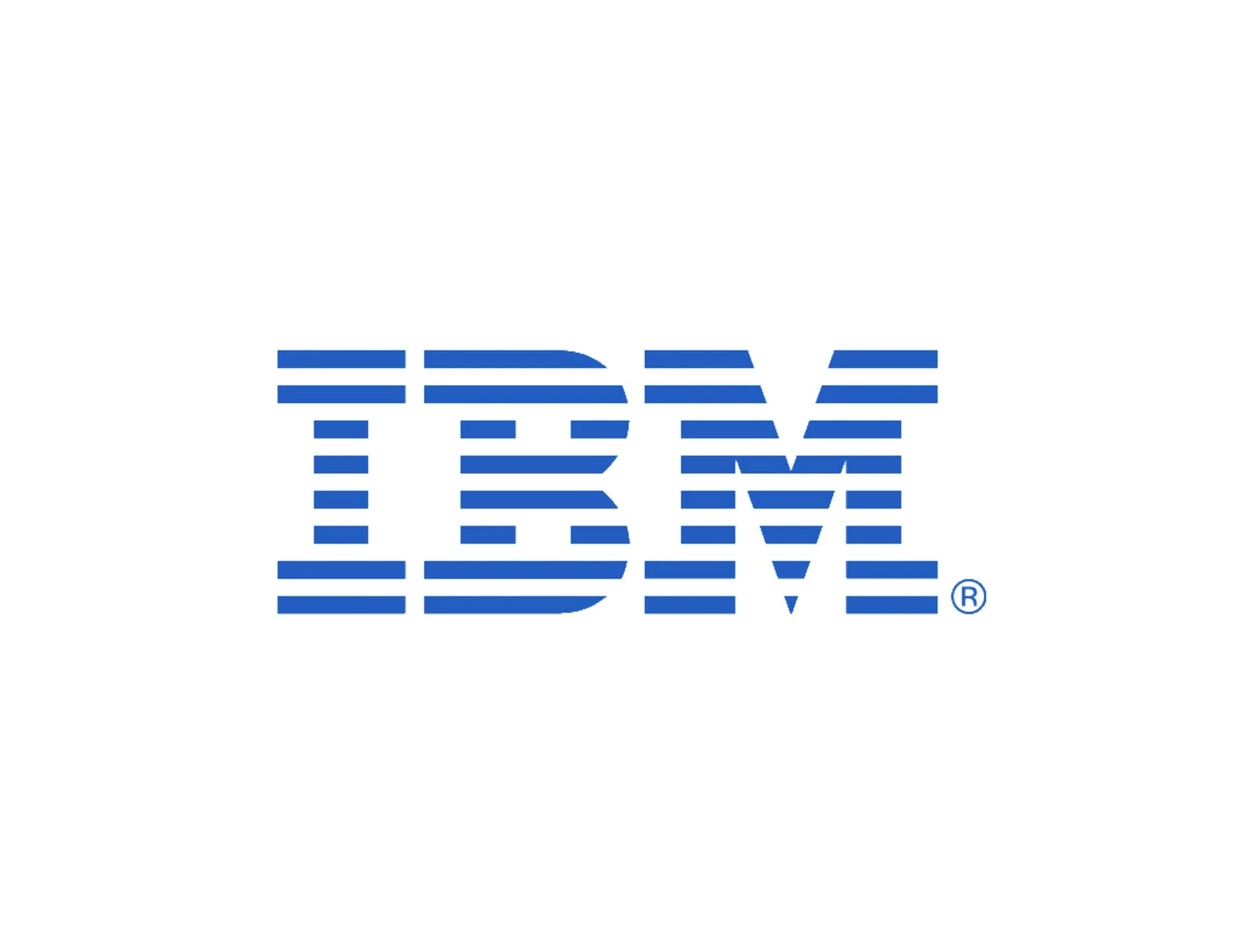
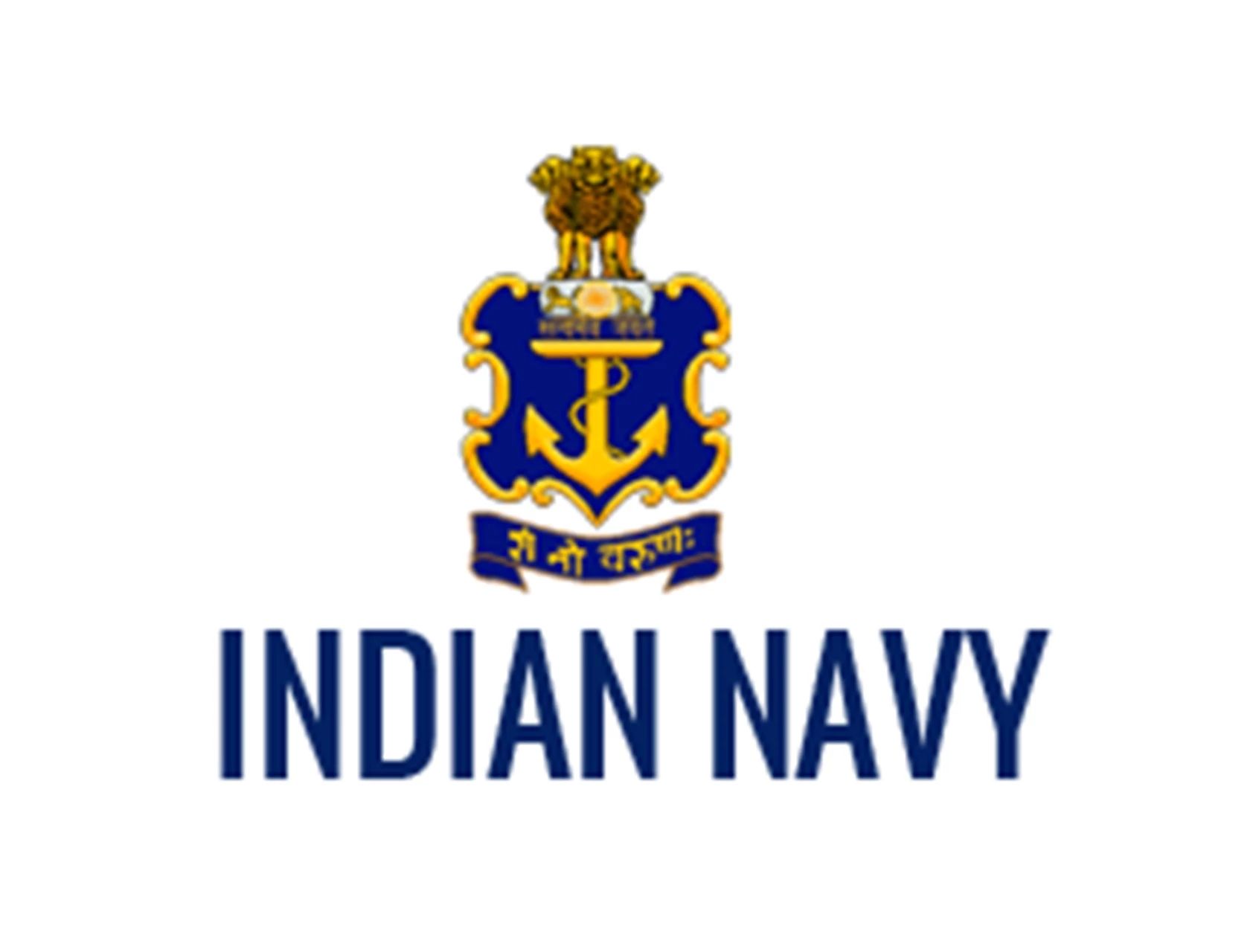
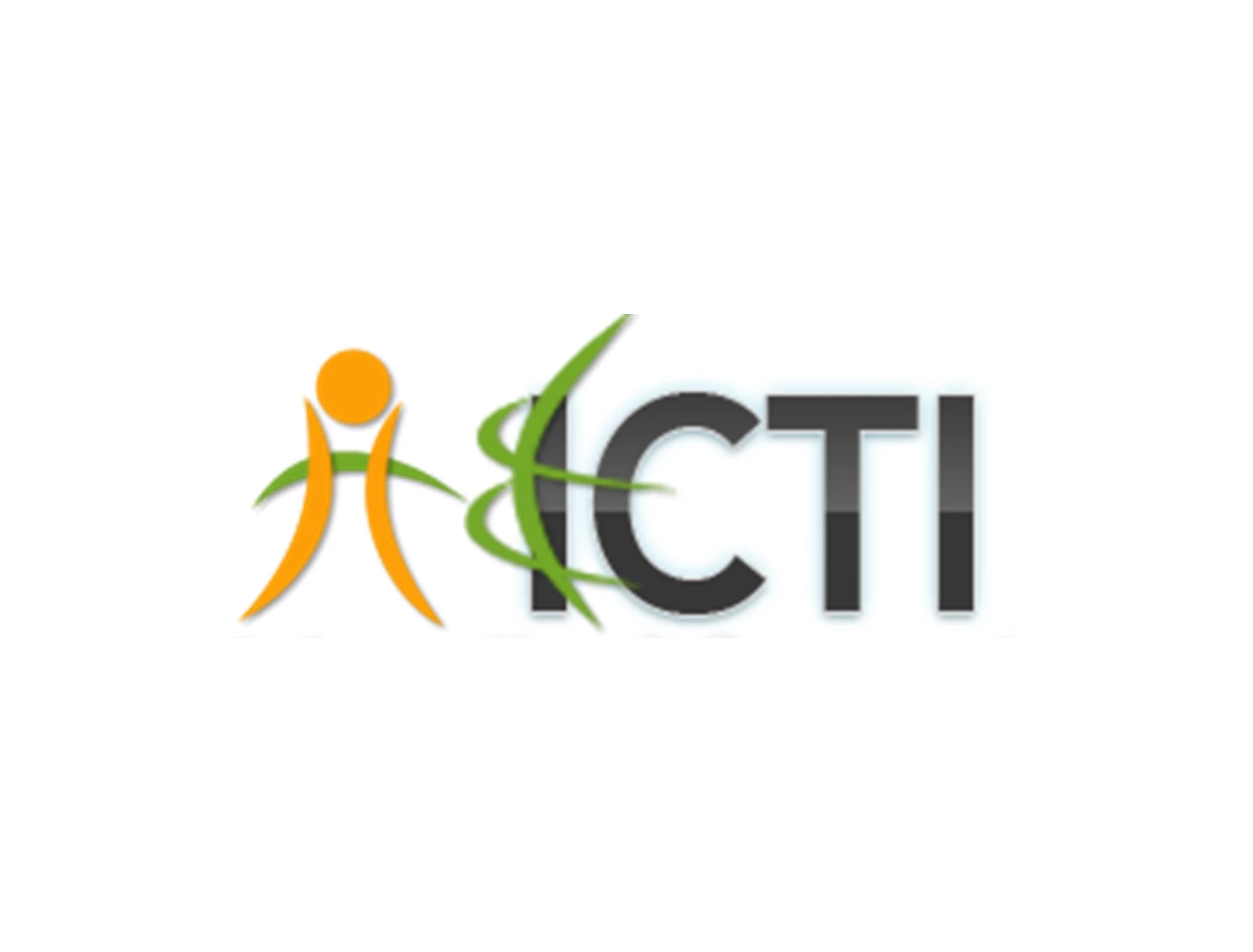
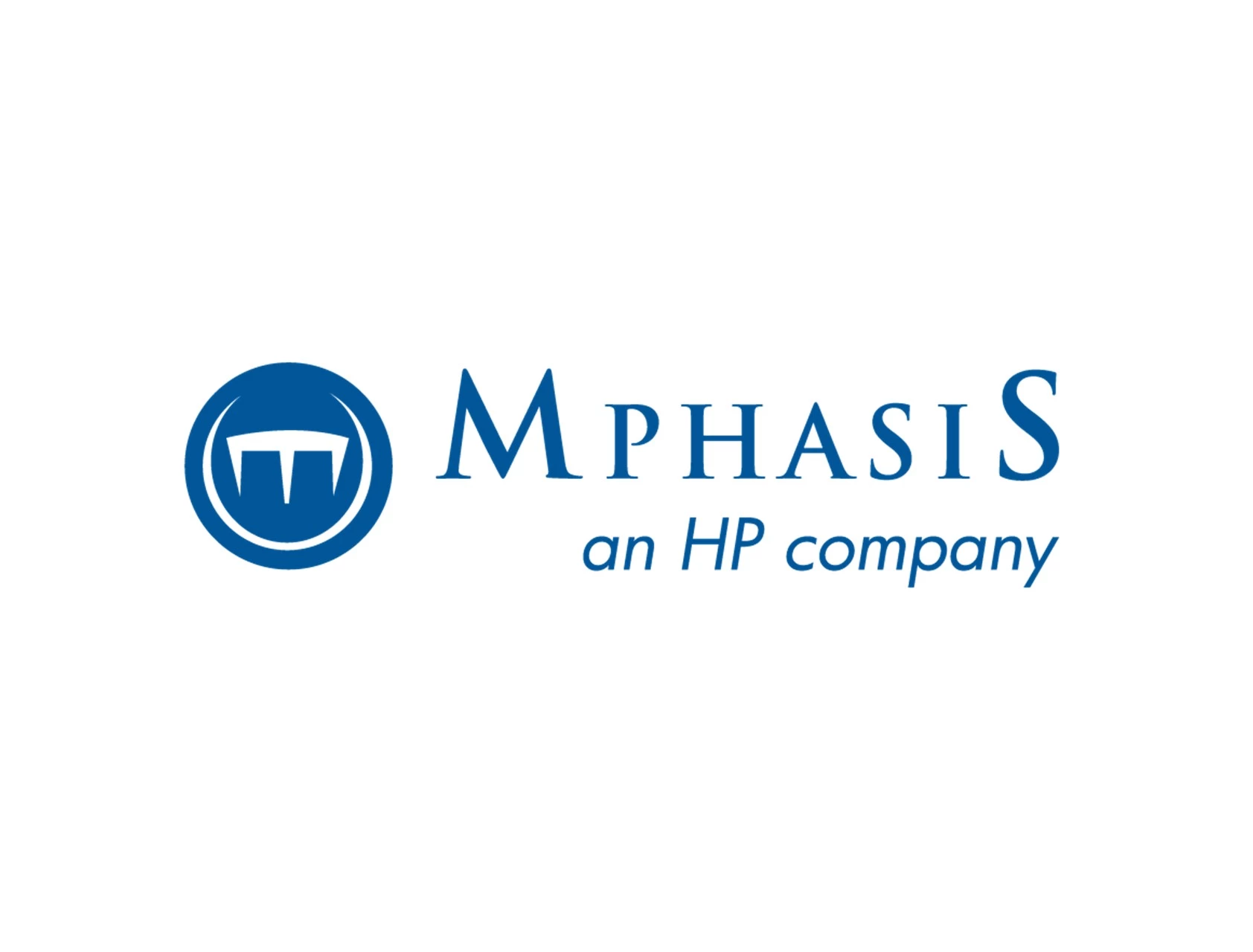
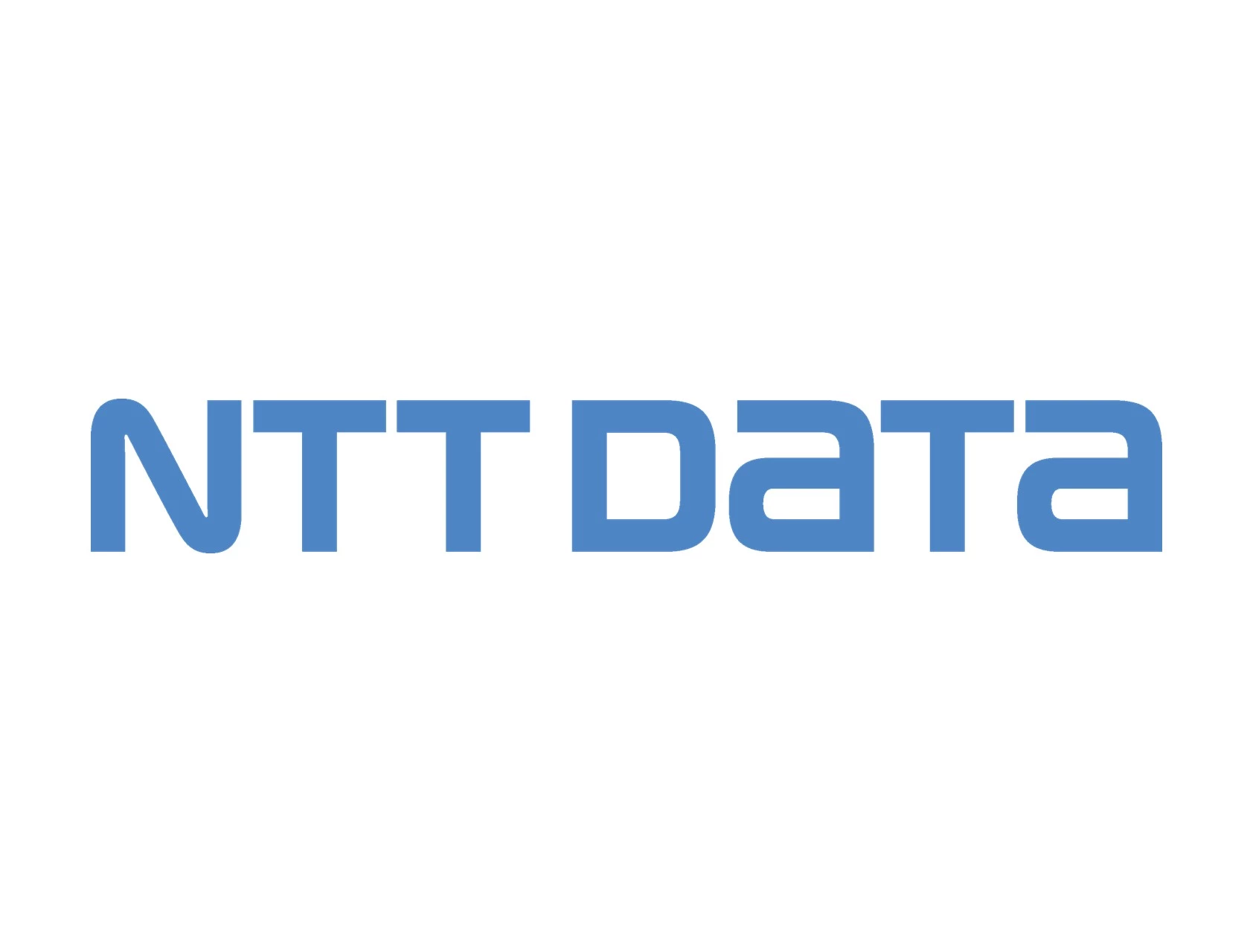


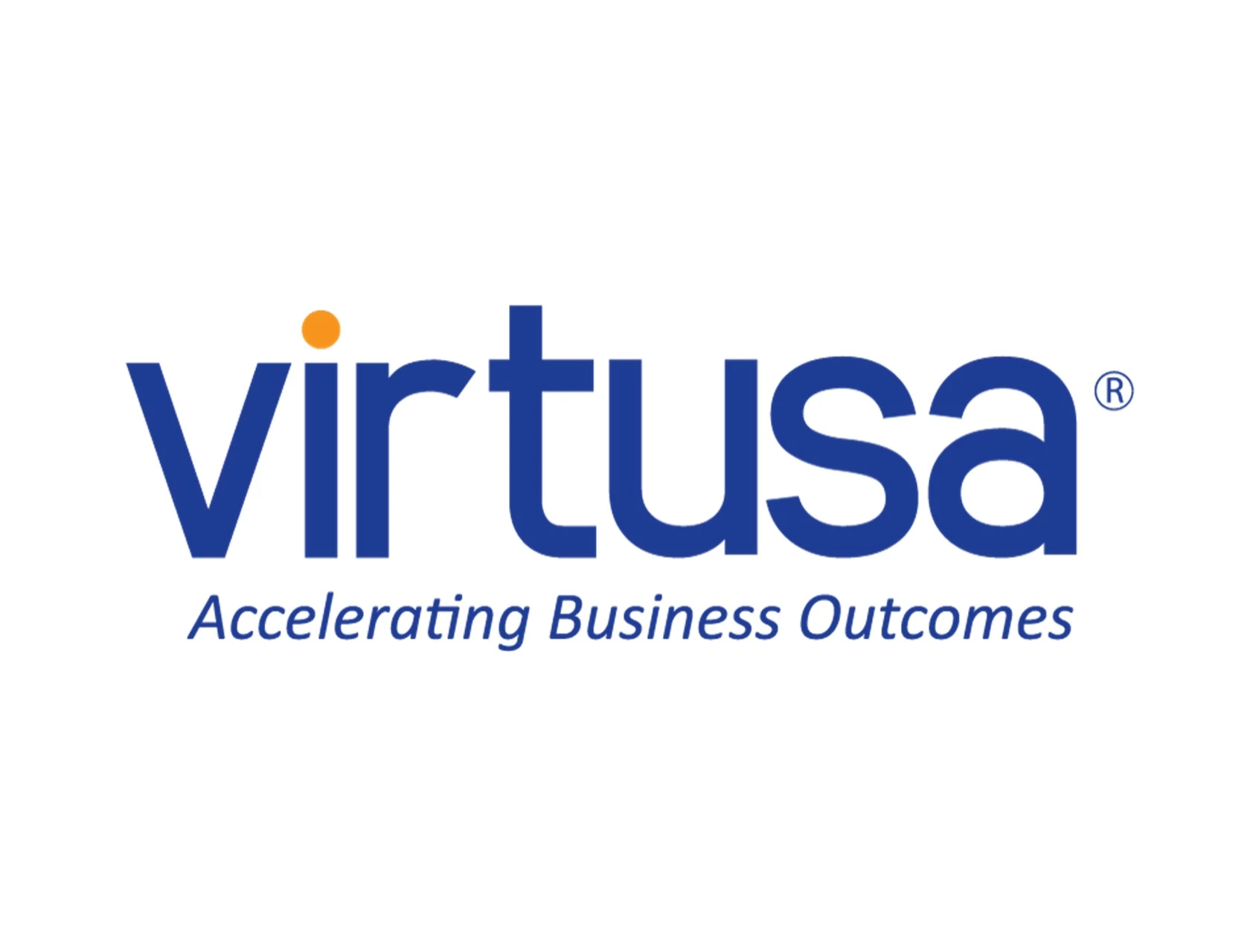

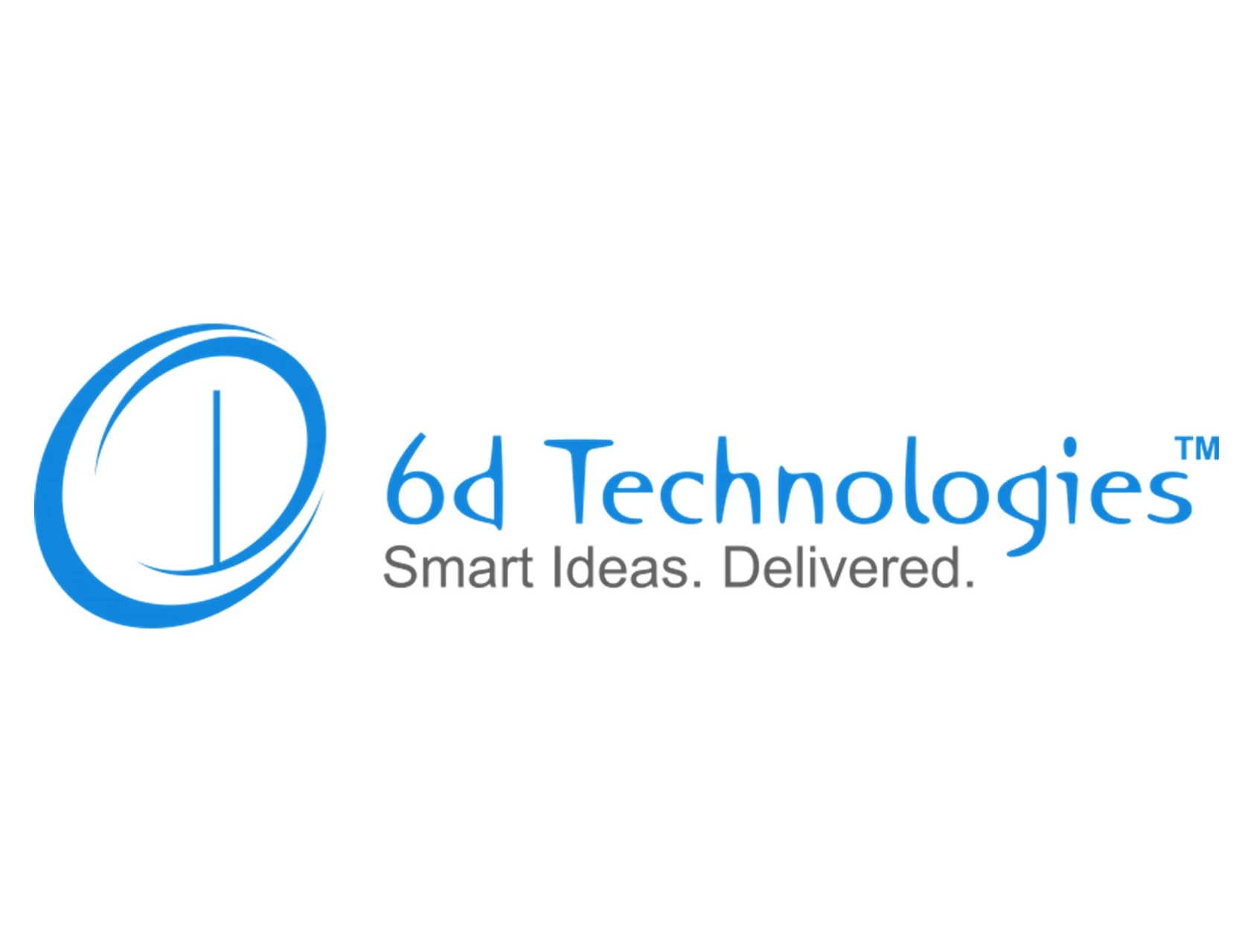
EBAS Typically refers to a combination of subjects offered at the pre-university level, comprising Economics, Business Studies, Accountancy, and Statistics. This combination of subjects is often available as an elective or specialization track within the PUC curriculum, particularly for students interested in pursuing higher education or careers in commerce, business management, economics, or related fields
EBAS (Economics, Business Studies, Accountancy, and Statistics) offers a broad scope of application across numerous industries and professions: Economics: Analyzing economic trends, policies, and market dynamics to inform decision-making in areas such as finance, policy-making, and international trade. Business Studies: Providing insights into organizational management, marketing strategies, operations, and entrepreneurship for effective business planning and execution. Accountancy: Recording, analyzing, and reporting financial transactions to support decision-making, compliance, and performance evaluation in businesses and organizations. Statistics: Utilizing statistical methods for data analysis, research, forecasting, and risk assessment across various fields, including finance, healthcare, and market research.
EBAS graduates have diverse career opportunities in fields such as finance, accounting, business management, economics, and data analysis. They can work as financial analysts, accountants, business consultants, market researchers, or pursue roles in banking, corporate finance, government agencies, and research institutions. Placement opportunities exist in various sectors, including corporate firms, financial institutions, consulting firms, government organizations, and non-profit entities.
Bachelor's Degree Programs: Pursue bachelor's degrees in fields such as: After completing EBAS, individuals can pursue higher studies such as Bachelor's or Master's degrees in fields like Commerce, Business Administration, Economics, or specialized certifications like Chartered Accountancy or Chartered Financial Analyst.
 Fill in your details along with the course you like to join, An Executive From K. S. Group Of Institutions will contact you at the earliest and guide you further.
Fill in your details along with the course you like to join, An Executive From K. S. Group Of Institutions will contact you at the earliest and guide you further.